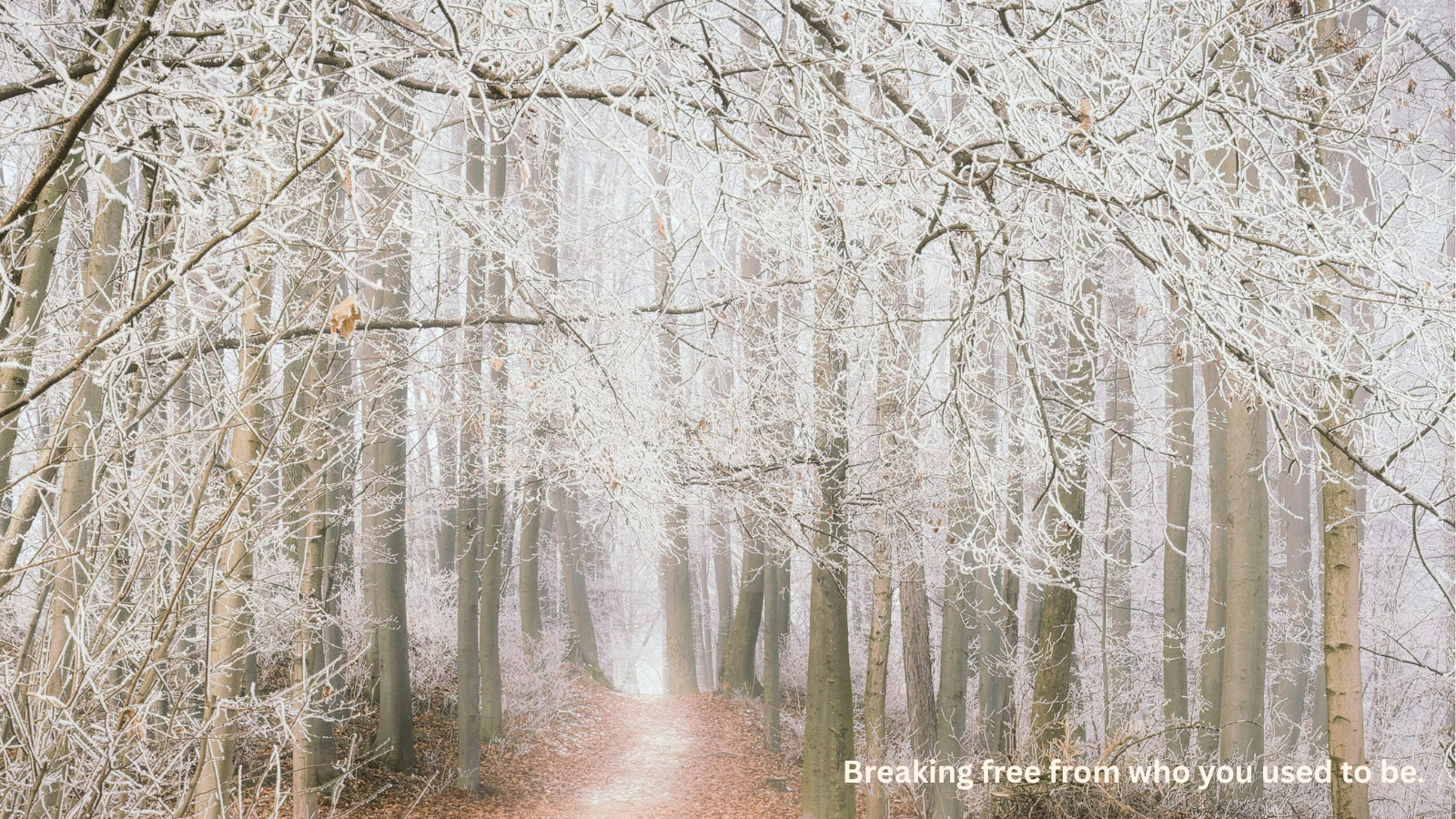“How you arrange the plot points of your life into narrative shapes who you are and is a fundamental part of being human.” This is the subtitle of an article titled “Life Stories,” published in the Atlantic Magazine in 2015.
In that exciting article, Monisha Pasupathi, a professor of developmental psychology at the University of Utah, offered much insight on this subject. She stated: “To have relationships, we’ve all had to tell little pieces of our story.”
We share our life stories every day. Here are some examples of our greetings with others: "Hi, where are you from?" "Where did you grow up?" "Which school did you attend?"
Recently, I watched a salesperson standing at the entrance door of a store in a local mall. She made eye contact and smiled as people passed by. A lady passing smiled and said hello back, and they walked into the store together. I was nearby and overheard what happened next. The salesperson greeted the customer, asking where she was from, and got a smile and a reply. She mentioned a town in California where she grew up, and the salesperson replied with enthusiasm, saying that she knew the city well. They talked about the street where they had both spent time growing up. They had plenty of personal experiences in this town to discuss and share. Both women relaxed and enjoyed getting to know and talking with each other. It was clear they both had made a connection by sharing part of their life story about this town they both knew.
We see our lives as a series of events. We connect the events with a narrative that then becomes a story, our story. The resulting story, which we have mainly constructed, has much to do with our self-identity.
In the last 20-plus years, I had an opportunity to tell my life story in front of a church group of men at least twenty times. Each time I shared my story, it was always a little different as I added, changed, or withheld specific details or events. It was different each time because I had thought more about the story and had new experiences that changed with time. Yes, I was recalling it differently because I would reflect on events and see them differently.
In that same time frame, I heard a few dozen men present their life stories and often heard them tell their stories again after a few years. Their stories' emphasis, substance, and even conclusion changed for them, as my own had altered with each new telling.
Life stories are like books. They have plots, themes, timelines, and characters. We choose what is important to us and connect these events in a narrative, shaping and reshaping our self-identity differently over time.
People come and go in our lives, but some become significant and critical vital characters in our story plot as events occur, but then later in life, they seem less important. We look back at the people and events, filtering all we have been through with our memories.
Books and authors also influence us, much like the people in our lives. Art, music, poetry, literature, service, our heritage, and even food can influence us to the point of being part of our life story.
An unknown author's poem suggests, "Some people come into our lives for a reason, some for a season, and some for a lifetime.” Some feel God sends the people that are needed. Others who may come bring challenges and darkness.
I believe we have a choice in putting together the narrative of who we are and who we become. We can pick which events we connect with and what we conclude about them and then weave and reweave them into our story. Finding or choosing a better perspective later in life can make much of a difference.
If we reject the case for being able to reshape who we are, we are left with a deterministic view of our identity. Some who embrace this belief claim that people are wired to be what they are. This view says that since we didn't choose our parents, the time or place where we were born, or our genes, we are programmed by cause and effect, resulting in our current circumstances.
It seems clear that this deterministic view is false. All you must do is tell your story to your family or friend and listen, or even write down, how you see things this year, and then do the same again in a year. Your story will be different.
















